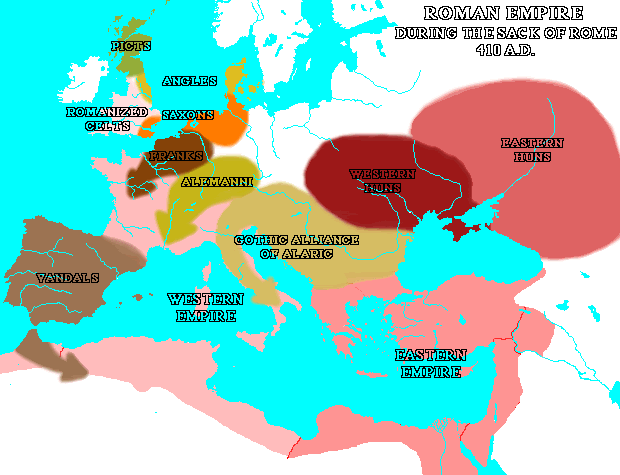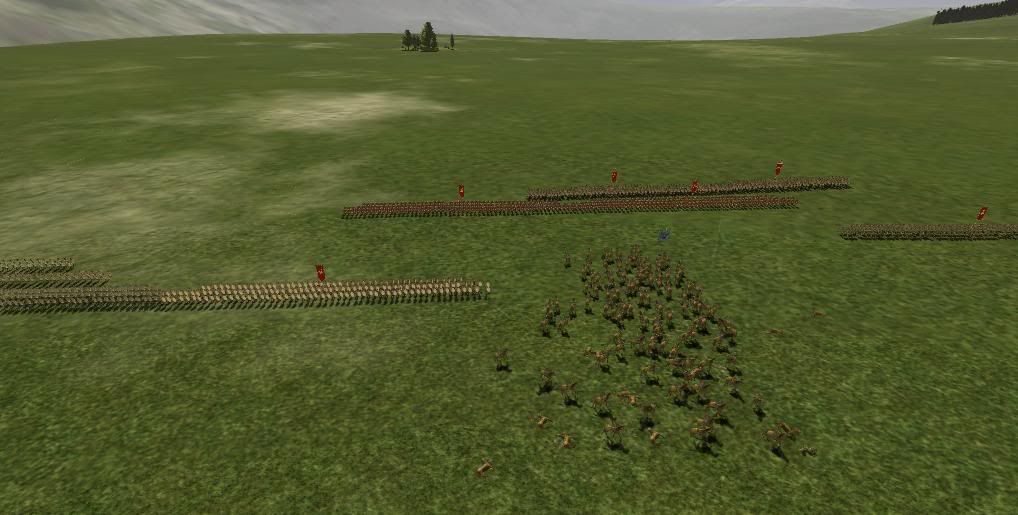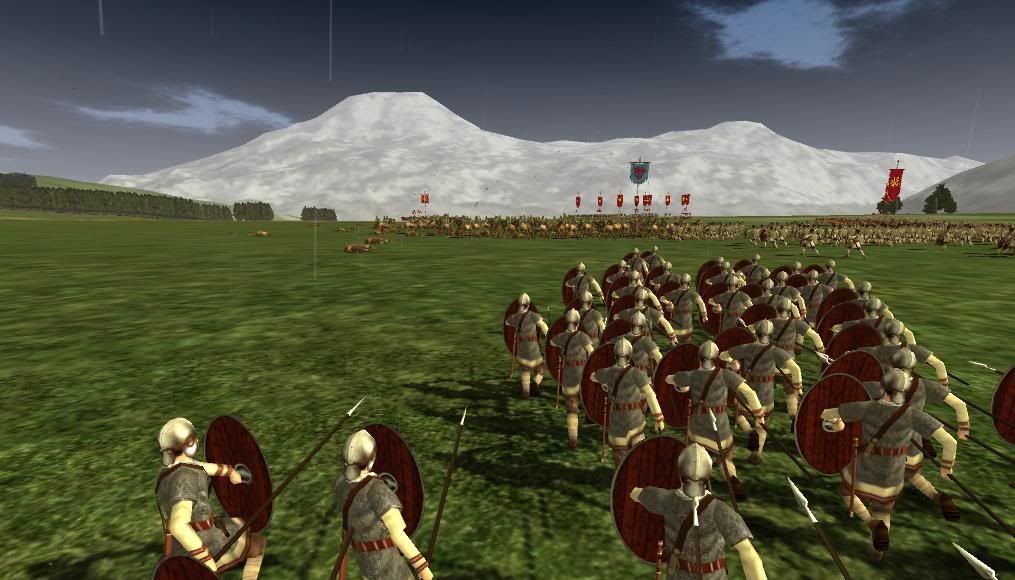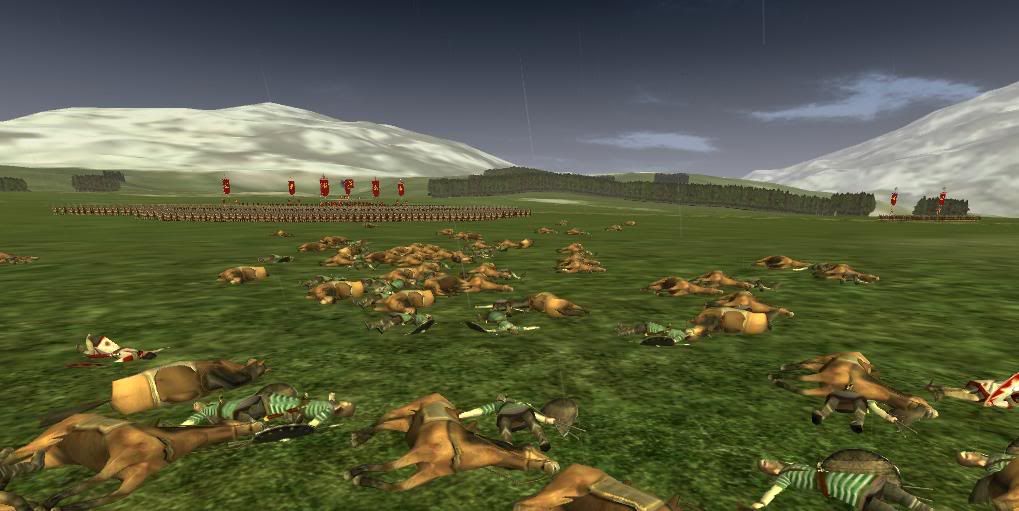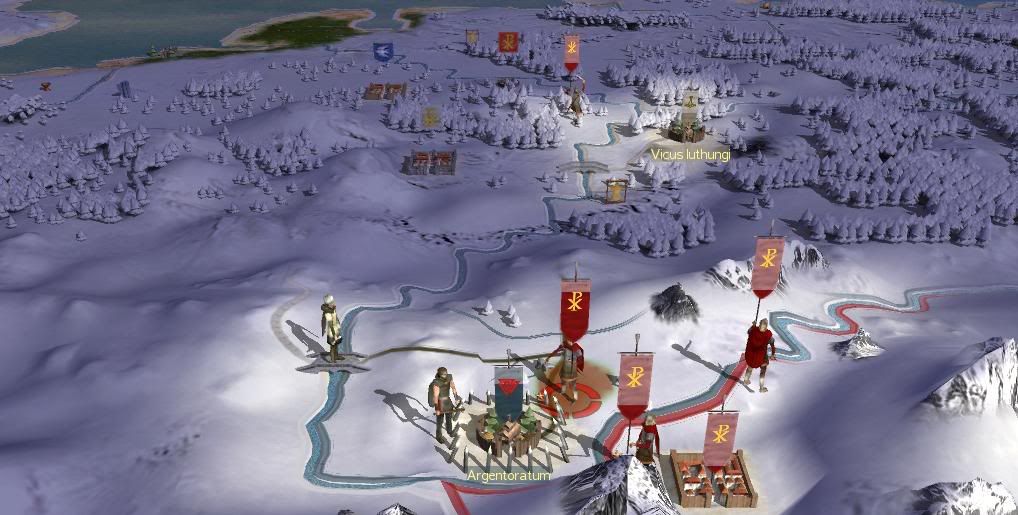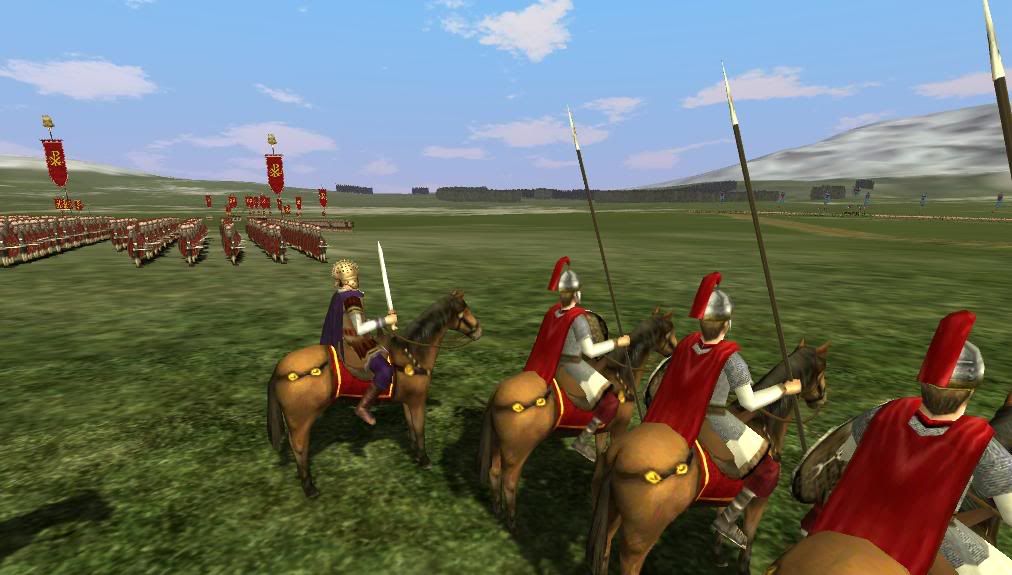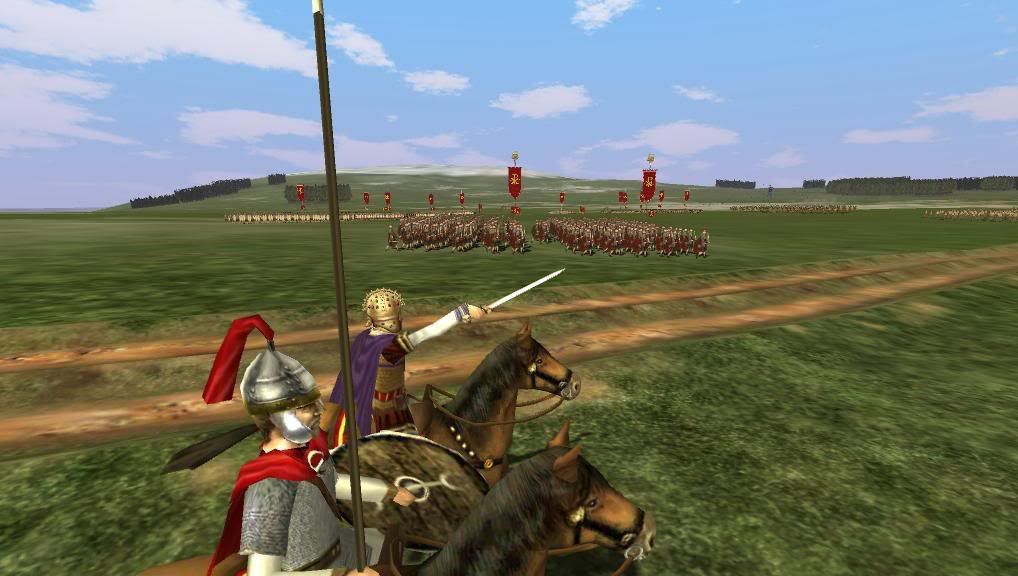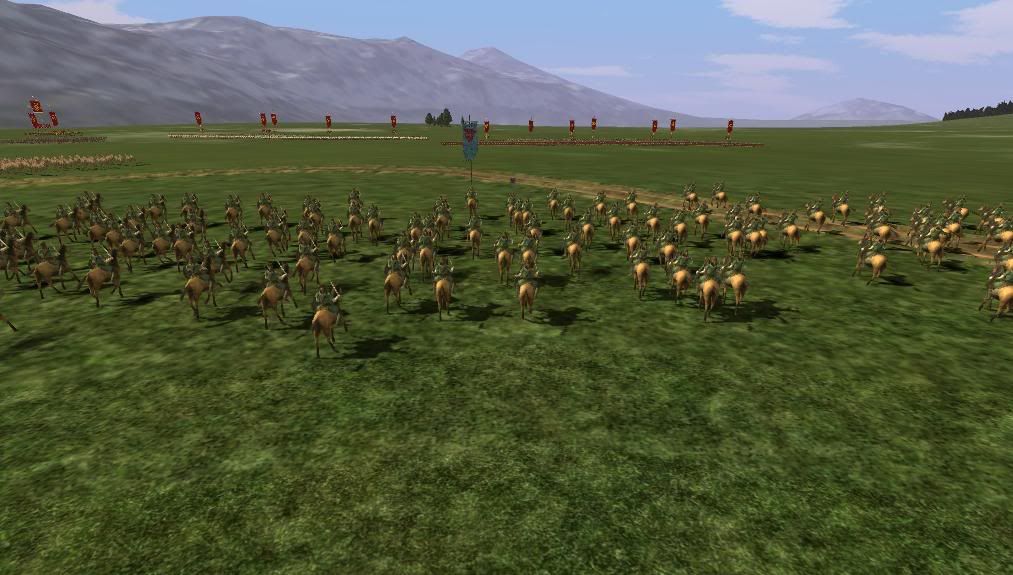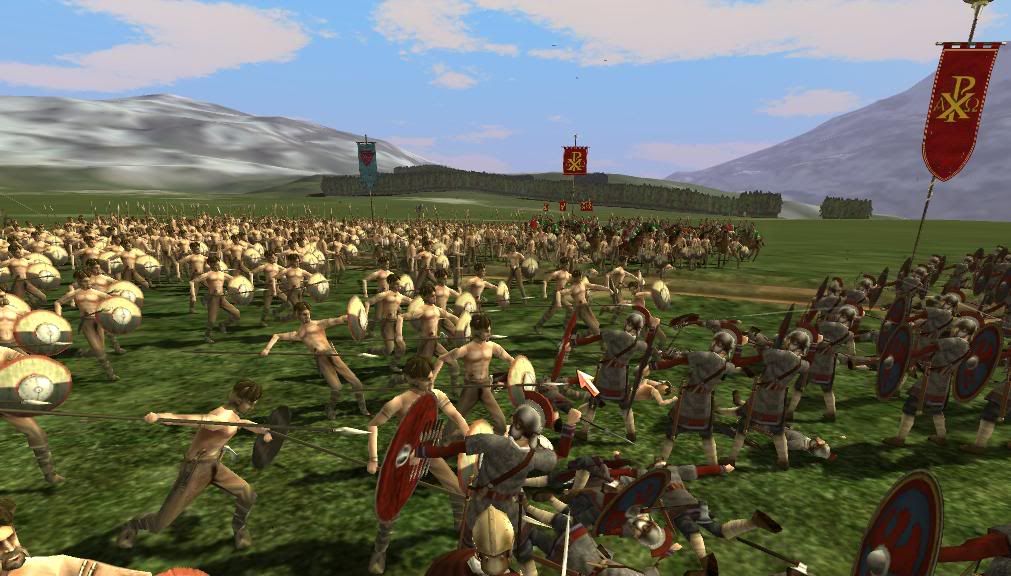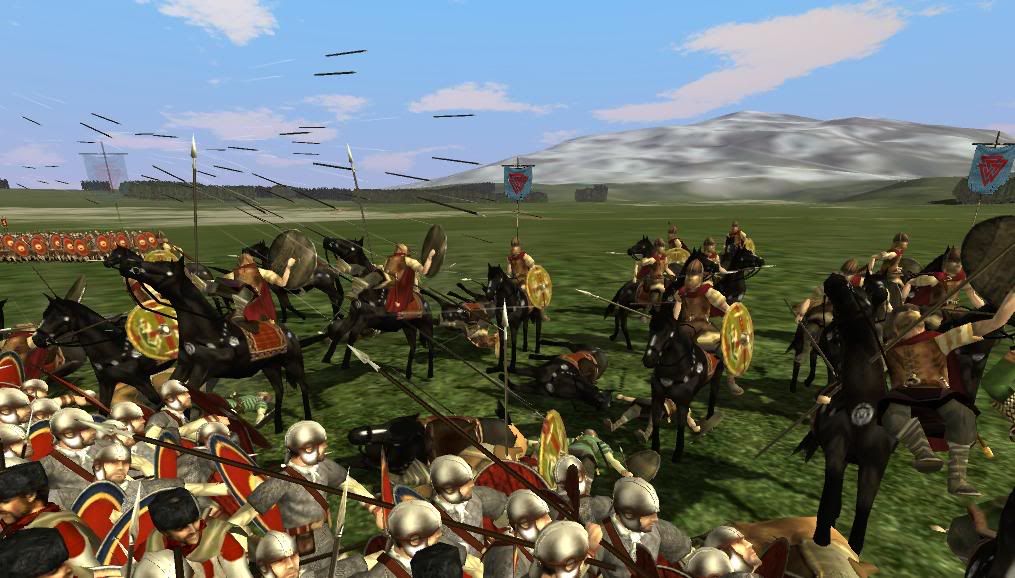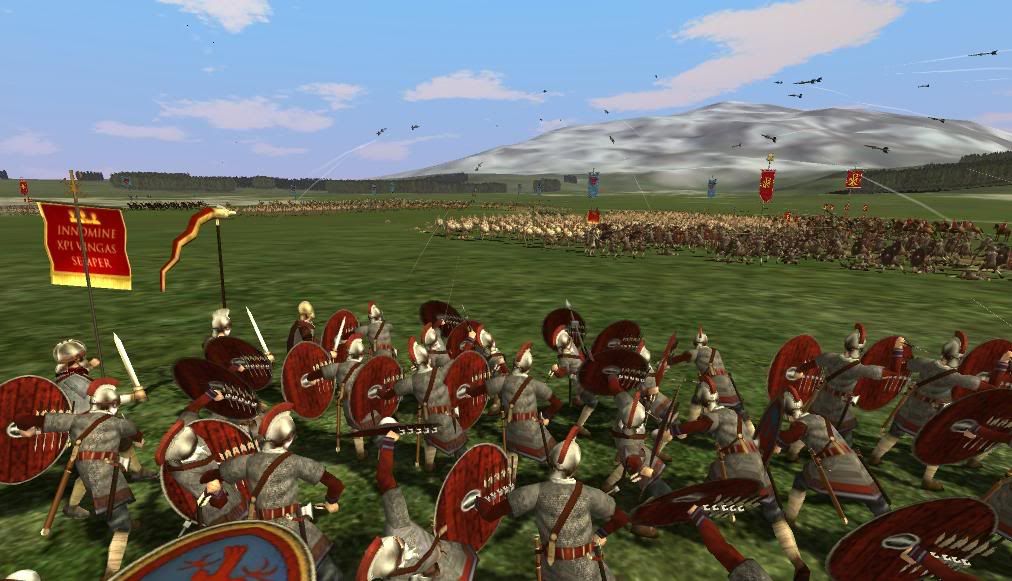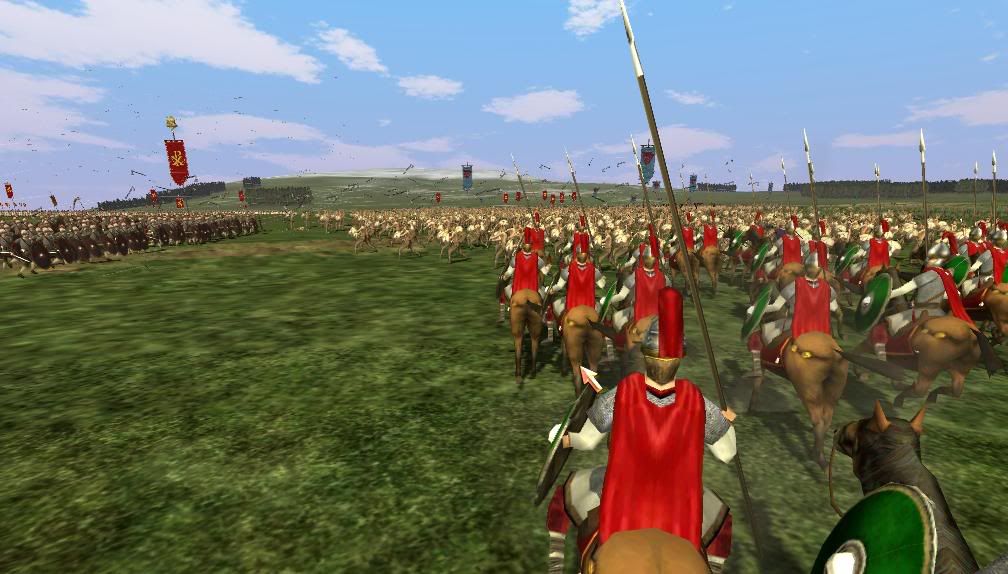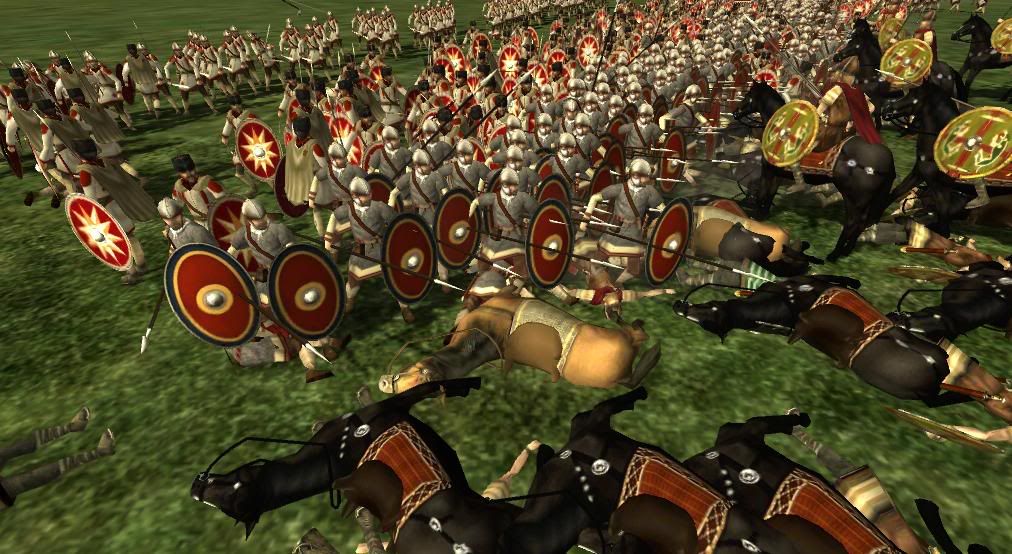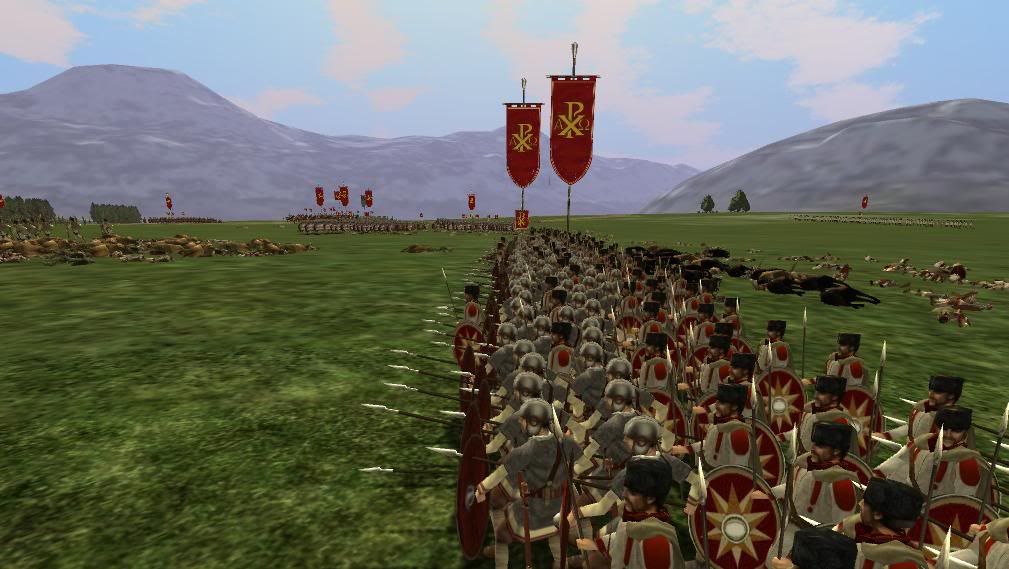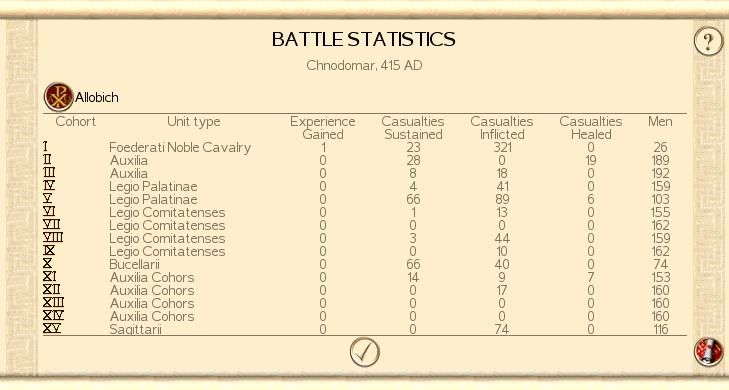THE ‘MANUSCRIPT E’
Translated and Annotated by Profs. Holbein and Escher
Winter, province of Raetia Secunda, Diocese of the Italians
Augusta Vindelicorum, headquarters of the Praeses and the civil administration for the province, and the Dux of the Limitanei for the provinces of Raetia Prima and Secunda (now deceased)
Consulship of his Most Sacred Dominus Flavius Augustus Theodosius, son of Augustus Flavius Theodosius Magnus
This being the Lists and Notes of the said Consilium of the provincial capitol, by the divine grace of God and the blessings of his Son.
. . . So begins the most unusual document so far to be excavated from the Venetoria Monastery, high in the Cottian Alps. Bound up in a single leather thong and tossed in amongst remnants of some fragments of Aristotle and Seneca, these notes and records were obviously deemed unworthy of archiving or being re-used as scrap vellum. Due to the unique preservative nature of the well behind the ruins of the monastery, we are lucky in that we now have in our possession a singular glimpse into the final months of one Roman province to the north of the Italian mainland in those years which saw the western Roman empire totter and finally collapse before the encroaching hordes of Germans and Goths beyond the Rhine and Danube rivers.
What follows in the document - albeit in a somewhat fragmentary and oblique form, complete with lacunae and interpolations - is a report compiled by the notaries of the governing Praeses of the province of the main events and officers who struggled to maintain or prevent the collapse of Roman authority in the area. While much of the notes are still damaged and incomplete, it is with some pride that myself and Escher and the various experts here at the Ancient Texts Library at Glasgow University, in conjunction with scholars from the Bodleian Library, Oxford, and the Historical Research Archive at London Imperial College, present at this early stage a partial reconstruction of the Notes. We must advise all concerned readers that what follows is in places a contested translation and we have endeavoured to illustrate in the accompanying notes where critical opinion differs regarding key areas of interpretation. We are also very aware that as this is the first time that this document has been made available in translation to the public that there will be debate about some of our conclusions. We welcome this in the spirit in which it is intended.
INTRODUCTION
The curious document know here as Manuscript E recovered from the Venetoria Monastery three years ago is a specific record of the civil and military events in the two provinces of Raetia dating from the year 411 AD until the final collapse of Roman rule in the area. It lists the disposition of troops, the key figures in authority, the intelligence known, and references events also occurring primarily in Gaul and Italy at that time. What it does not cover, and what some of my colleagues find surprising as a result, is religious debates or philosophical issues arising from certain edicts promulgated by either the residing emperor in the west, Honorius or his colleague in the east, Theodosius II, sole Consul for the year in which records are kept in Manuscript E. We deduce from this that the records are archival in nature and not intended for public use or to be circulated to the various libraries which would be keen to store such information.
While some of the records are detailed and shed light on previously unknown or obscure events of the time, others are cryptic and even deliberately obscure, prompting us to wonder whether several antagonistic notaries were involved with the document or that indeed current politics necessitated a very careful wording. As such, we treat with caution some entries and make these known to the reader when they occur.
SETTING
As the opening notes make clear, the records begin in the early Winter months of 411 AD, when only the Emperor Theodosius II held the Consulship. This is a year after the sack of Rome by Alaric and his Goths and which also sees the western Empire in a parlous state indeed. Vandals are moving aggressively south into Hispania, Alemanni and Franks are massing north of the Rhine and Danube rivers, a usurping Roman general, Constantine III, is carving out a separate empire in Gaul and Britain. The economy of the empire is almost dry and the armed forces at the disposal of the Magisters under Honorius led by Constantius consisted of a mixed bag of regular Roman units and federate barbarians whose loyalty was increasingly becoming questionable. Several high ranking Roman generals were of barbarian origins and this was leading to tensions in the higher echelons of the Roman government. As will be seen, these factors played a decisive role in the final fall of Raetia and the city of Augusta Vindelicorum.
It is to be conjectured that the sudden adoption of accurate notes and records in some way represents an attempt to make the key players referenced within accountable - that in some way, the presence of legal accounts was a guarantee of intent or source to be used in the future should action be needed against possible traitors or agitators. We read these notes then with an eye towards mistrust and suspicion and feel that the reader would do well to be as wise. Nevertheless, having said that, one must not overlook the obvious heroism recorded nor the desperate valour towards the end when all was lost and left in utter ruin. These notes and records, then, we feel, are a testament not just to a desperate time when old certainties were falling (and with them loyalties) but also to the unfailing courage made manifest in the face of overwhelming odds.
As such, Manuscript E remains a unique document which should be read with compassion foremost.











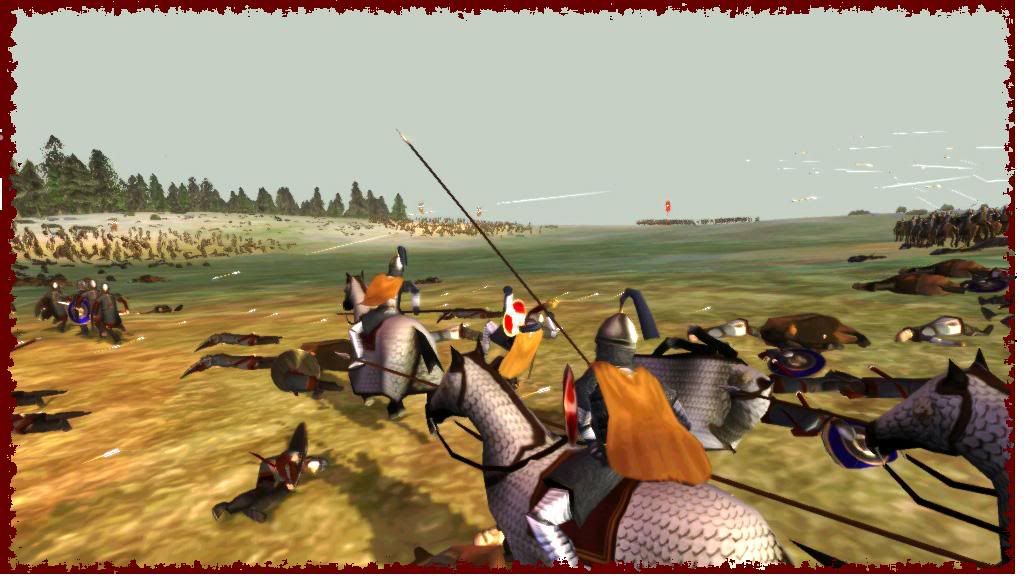

 Reply With Quote
Reply With Quote


















